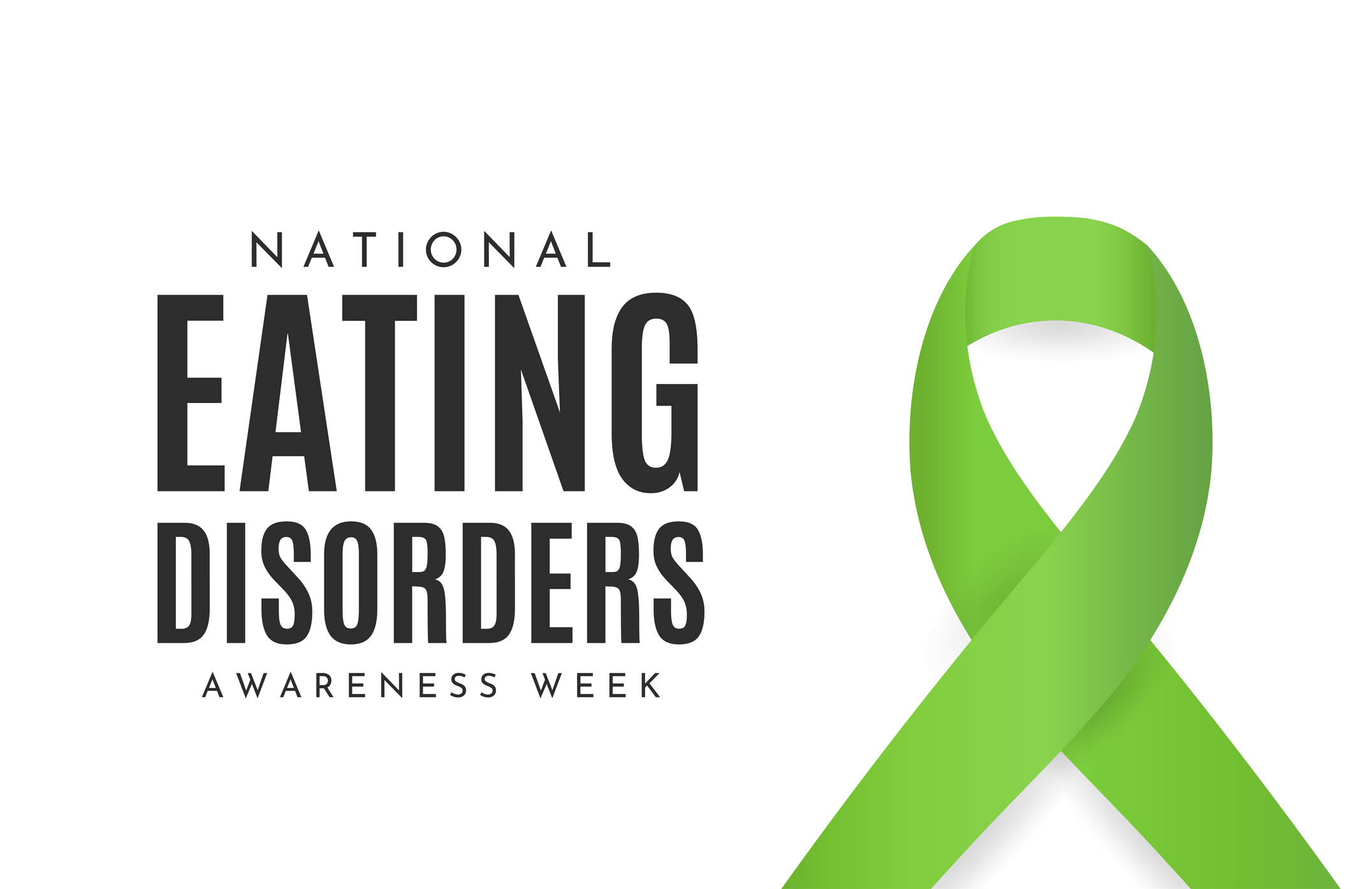Diagnosis: Benefits and Deeper Understanding
By Ashley Barnes What is a diagnosis? The Diagnostic and Statistical Manual of Mental Health Disorders (DSM) is that which is used by mental health professionals in the United States as the authoritative guide to the diagnosis of mental disorders. The DSM includes symptoms, descriptions, and other criteria for diagnosing mental health disorders. In order to reach a diagnosis, individuals must meet distinct criteria as outlined in the DSM. In order for a disorder to be outlined by the DSM, it has to cause the individual some form of distress, may present the individual with potential danger (such as betting all one’s money during a manic episode), deviance (what is deemed culturally abnormal), and dysfunction (impairment in areas of life such as interpersonal relationships, work, or tasks of daily living). It is important to note that though we may find ourselves relating to descriptions of a certain diagnosis, only licensed …






